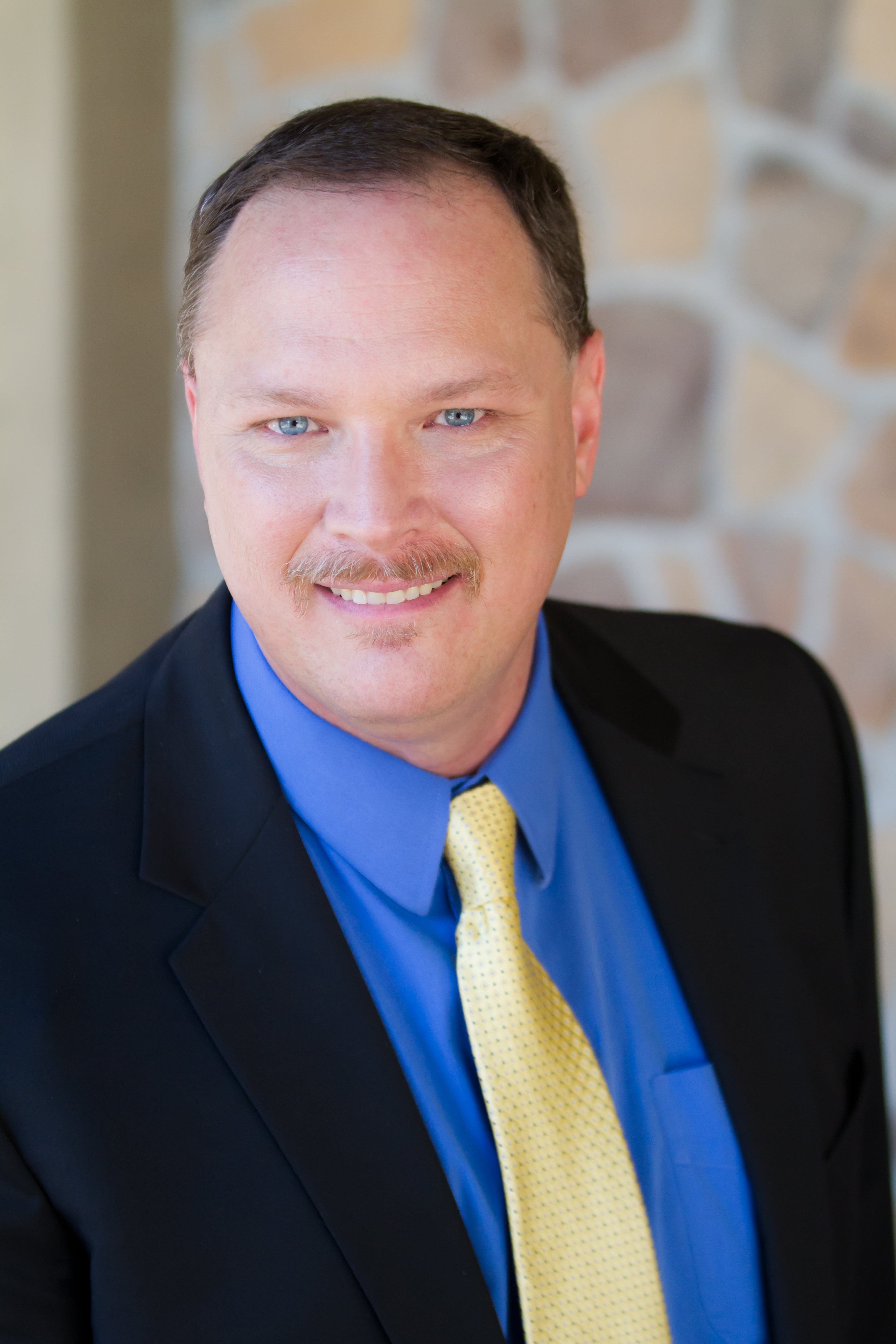Editor's note: Leading up to Homecoming, we'll be running several stories a week on ASU alumni. Find more alumni stories here.
Technology is in Edward Vasko’s blood. His family had long worked in the industry, and by the time he was a toddler he was taking apart telephones.
After Vasko graduated with a history degree from ASU’s New College of Interdisciplinary Arts and Sciences in 1995, that hardwired tech interest led him to co-found Terra Verde, a cybersecurity services and solutions company in Scottsdale, Arizona.
In an age when online security is of the utmost importance, Vasko takes pride in the fact that his company “is doing everything possible to keep bad guys away from our clients’ data.”
The Glendale resident spoke with ASU Now about the “Manifest Destiny” of the technology frontier and the cold hard facts about online privacy.
Question: Why did you choose to pursue a career in technology?
Answer: I have always been involved in technology; it’s in my genes. My father’s side of the family worked in the telecommunications and technology industries for multiple generations. I started taking apart telephones between the ages of 2 and 3 years old and built my first computer at age 12. So I had always known I would likely be in the tech industry. The cybersecurity focus came about as a result of being curious about how (and why) things worked the way they do and the doggedness to find the answer.
Q: How did ASU help get you there?
A: My experience at ASU helped me understand how to think and apply wisdom to the world. I had always been curious about how and why things worked the way they did. What ASU provided me was the ability to synthesize that innate curiosity and analyze topics outside of technology.
For example, the impassioned need by the American people in the 19th century to fulfill a sense of Manifest Destiny and “civilize” the geographic frontier of our nation. What’s interesting is that those same principles of frontier discovery/expansion can be leveraged as one examines new technology frontiers.
Q: Where do you stand on the issue of file sharing vs. digital rights management?
A: I believe as long as there are content creators willing to exercise their copyright, there will be attempts at enforcing some kind of digital rights management (DRM). This problem has been around as long as we have had digital content and isn’t going away until: 1) we have a wholesale rewrite of copyright laws; 2) we have unbreakable DRM; or 3) content creators realize alternative methods of receiving support/finances from their efforts.
The open-source movement has shown, in the software space at least, that robust software can be written by a community of supporters and made available to the public for free. There are music, art and literature creators leveraging alternative methods of support for releasing digital content.
Q: Why should the public be concerned with online privacy?
A: The question is how concerned you should be about online privacy. Simply put, once you’ve placed yourself online in any way or form, you give up portions of your privacy.
Q: What advice would you give to aspiring techies?
A: Always be learning. That’s the fun of being a techie — you continue expanding your knowledge so as not to become obsolete. Be willing to take a risk on yourself, your passions and dreams. Remember what Winston Churchill once said, "Success is not final, failure is not fatal. It is the courage to continue that counts.”
More Science and technology

ASU postdoctoral researcher leads initiative to support graduate student mental health
Olivia Davis had firsthand experience with anxiety and OCD before she entered grad school. Then, during the pandemic and as a result of the growing pressures of the graduate school environment, she…

ASU graduate student researching interplay between family dynamics, ADHD
The symptoms of attention deficit hyperactivity disorder (ADHD) — which include daydreaming, making careless mistakes or taking risks, having a hard time resisting temptation, difficulty getting…

Will this antibiotic work? ASU scientists develop rapid bacterial tests
Bacteria multiply at an astonishing rate, sometimes doubling in number in under four minutes. Imagine a doctor faced with a patient showing severe signs of infection. As they sift through test…

